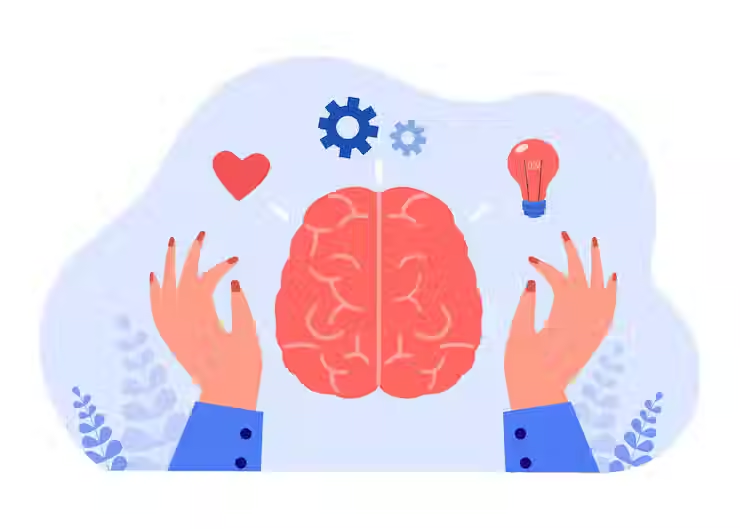The Psychology of Burnout: How to Recognize It Before It’s Too Late
- Best Life Therapy

- Aug 22, 2025
- 2 min read
Updated: Aug 23, 2025

In today’s fast-paced world, burnout has become one of the most common mental health challenges people face. At Best Life Therapy, we see how burnout impacts not only work performance but also relationships, self-esteem, and overall quality of life. Recognizing the signs early can help you take action before stress takes over completely.
What Is Burnout?
Burnout is more than just being tired. Psychologists describe it as a state of emotional, physical, and mental exhaustion caused by prolonged stress. Unlike regular stress, which may come and go, burnout builds slowly and deeply affects your motivation and well-being.
Signs You May Be Experiencing Burnout
Constant fatigue even after rest
Irritability or mood swings that feel unlike you
Loss of interest in activities or work you once enjoyed
Difficulty focusing or making decisions
Physical symptoms like headaches, stomach issues, or sleep problems
These symptoms are your body’s way of saying it needs care, rest, and support.
Why Early Recognition Matters
If left unaddressed, burnout can lead to anxiety, depression, and even physical health issues. Catching it early allows you to make changes—whether that’s setting boundaries, prioritizing rest, or seeking professional support.
How Therapy Can Help
At Best Life Therapy, we work with clients to explore the psychology of burnout—what drives it, how it shows up in daily life, and the strategies that restore balance. Through therapy, you can learn tools to reduce stress, set healthier boundaries, and reconnect with the parts of life that bring joy and meaning.
Burnout doesn’t have to define your life. By recognizing the warning signs and reaching out for help, you can move from survival mode back into truly living your best life.




Comments